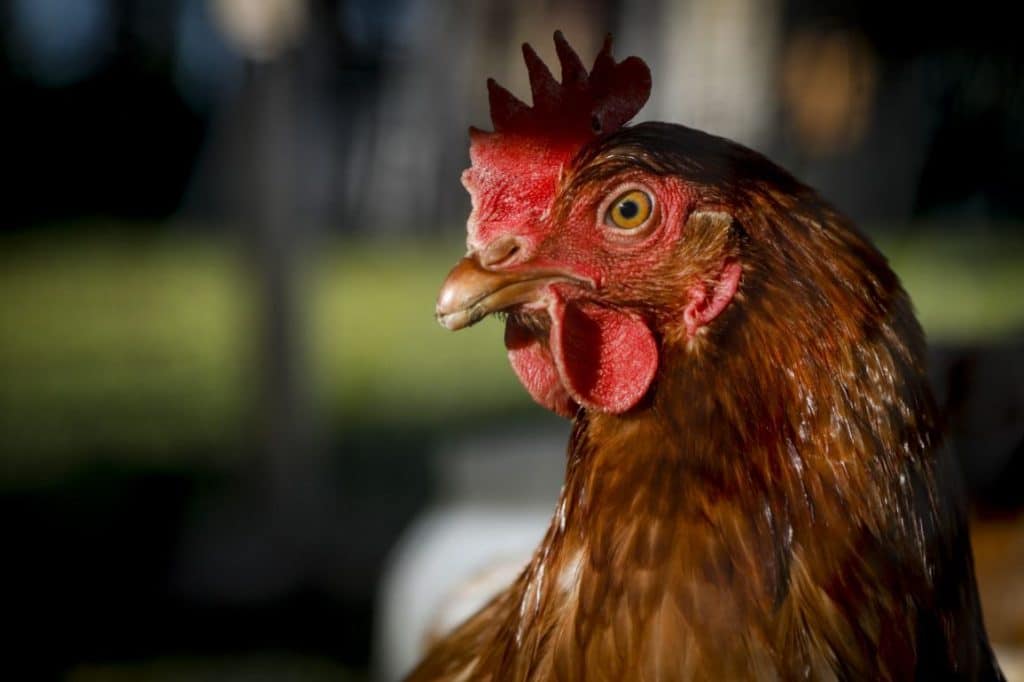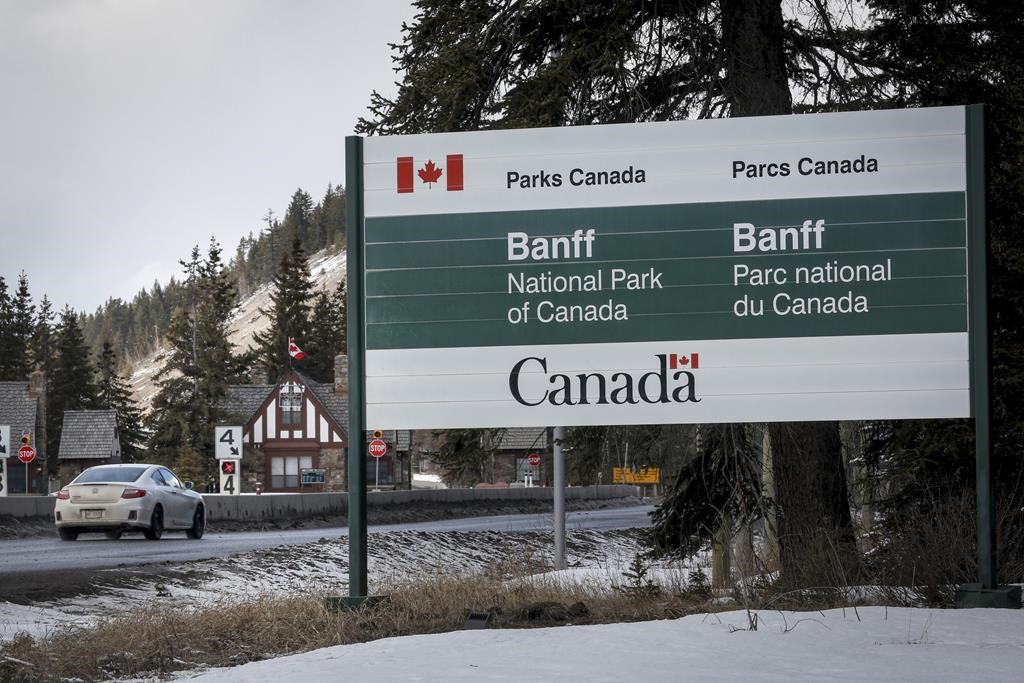Alberta avian ‘bird’ flu strain found in poultry farms across the province

Posted Apr 9, 2022 11:02 am.
Last Updated Apr 10, 2022 11:03 am.
While “avian flu” has been detected in the province, the Canadian Food Inspection Agency says Albertans don’t need to worry as eggs and poultry are still completely safe to eat.
The agency says it’s especially not a big health concern for healthy people who are not in regular contact with infected birds.
“A lot of people think, ’oh my God we have the bird flu in Canada, I could get sick.’ Not really,” said Sylvain Charlebois, the director of Agri-foods Analytics Lab at Dalhousie University. There are no risks related to human consumption.”
At the most, if enough farms are affected it may impact availability as some Alberta farms quarantine after finding cases of the avian flu, and farmers are on high alert for the virus.
Related Article: Highly pathogenic avian flu found in Alberta poultry: CFIA
Alberta farmers are mitigating the disease so it’s too early to confirm whether or not consumers will see a change on store shelves, says the CFIA.
So far three Alberta poultry operations have confirmed cases of avian influenza.
“The most important message to give to consumers is that the poultry and egg products they enjoy on an everyday basis are absolutely safe to eat,” said Lisa Bishop-Spencer, the director of brand and communications for Chicken Farmers Canada.
“Health Canada has been very insistent that this isn’t a public-health issue, this is a flock health issue.”
Bishop-Spencer says given the recent bird migration patterns, farms need to take a series of steps to protect against the entry and spread of pests and diseases such as the avian flu strain.
“This is the time of year that migratory birds are coming up north, so everybody has to increase their biosecurity,” she said.
Related Article: Bird flu cases revive fear of repeat of major 2015 outbreak
Bishop-Spencer says if cases are detected, producers are typically instructed to immediately cull their flock.
“That’s an immediate order. The objective is to try to stamp out the virus before it has a chance to spread any further,” she added.
Those who work around chickens are wearing more personal protective equipment (PPE) and Bishop-Spencer says control zones are set up around the affected farms.
“Anybody coming in, for instance, to somewhere close to an infected premise to deliver feed or propane or something like that will be blocked from entering the farm premises.
“And their wheel wells or tires will be washed down and then they can go onto the property. Then coming off they have to do the same thing.”
Related Article: Abbotsford poultry farmer forced to leave thousands of chickens to die in the floods
Two farms in Mountain View County and one in Ponoka County were placed under quarantine after cases were found in three flocks.
This happened earlier this week after cases of the highly pathogenic avian influenza, subtype H5N1 was detected.
Bishop-Spencer says farmers are usually on guard for H5N1 this time of year because it’s when migratory birds return.
“Farmers are very resilient and I think that we can see that they’re working very hard to mitigate the situation,” she said.
But this spring is exceptional with more birds affected.
It adds insult to injury for those who were already having a tough time now faced with losing hundreds or even thousands of birds.
The avian flu is an ongoing reality for farmers and Canada’s poultry industry says it’s prepared to manage this. The first cases in Canada were detected just before Christmas.
“When the Nova Scotia case came up, obviously everyone in the entire country started looking for cases, testing, everything,” said Charlebois. “I’m not surprised that we’re finding other cases. In fact, I’m relieved that we’re looking.”
Related Article: Bird flu fears: Dutch farms ordered to keep poultry indoors
As a precaution, the Calgary Zoo also announced Friday it would be closing access to its bird exhibits to protect from contamination from wild birds while the poultry industry tries to manage cases.
Citizens can report sick or dead birds to the Alberta Environment and Parks office or to the Canadian Wildlife Health Cooperative information line.








